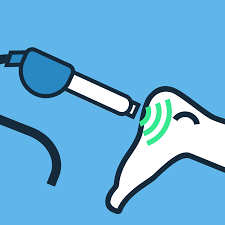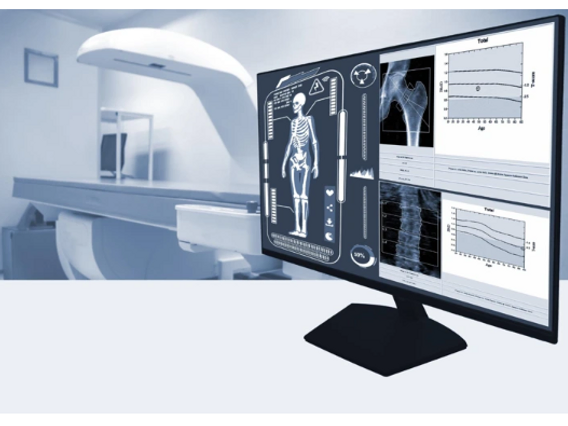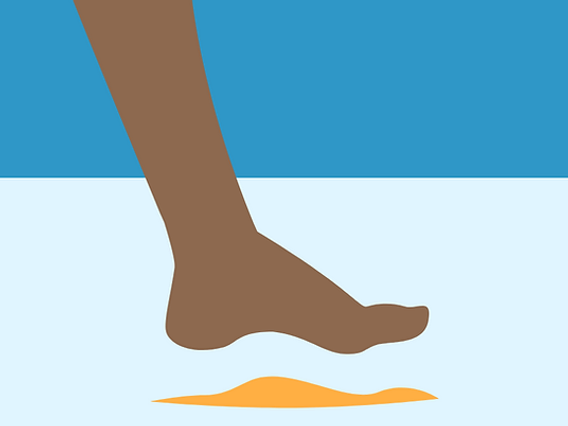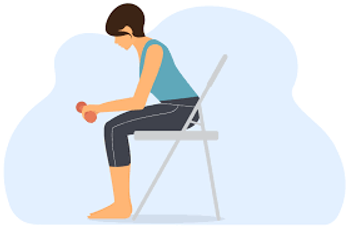What is the Evidence for Acupuncture?
Acupuncture has been studied for various health conditions, and while some studies suggest

positive effects, the overall evidence is mixed, and more research is needed to establish its efficacy definitively. Acupuncture is often used as a complementary or alternative therapy, and its mechanisms of action are not fully understood. Here is a summary of the evidence for acupuncture in some specific conditions:
1. Chronic Pain:
- Evidence: Acupuncture has shown promise in managing chronic pain conditions such as lower back pain, osteoarthritis, and migraines. Some studies suggest that acupuncture may be effective in reducing pain intensity and improving function. However, results are variable, and the quality of evidence is not always high.
2. Nausea and Vomiting (e.g., Chemotherapy-Induced):
- Evidence: Acupuncture has been studied for its antiemetic effects in conditions such as chemotherapy-induced nausea and vomiting. Some evidence suggests that acupuncture may be beneficial, particularly when used alongside standard antiemetic treatments.
3. Osteoarthritis of the Knee:
- Evidence: Acupuncture has been investigated for its potential benefits in treating osteoarthritis of the knee. While some studies report positive outcomes, others show no significant difference compared to sham acupuncture or conventional treatments. The overall evidence is inconclusive.
4. Headaches and Migraines:
- Evidence: Acupuncture has been studied for its effects on headaches, including tension-type headaches and migraines. Some research suggests that acupuncture may lead to a reduction in headache frequency and intensity. However, results vary among studies.
5. Anxiety and Depression:
- Evidence: Acupuncture has been explored as a potential adjunctive therapy for anxiety and depression. While some studies report positive effects, the evidence is not consistent, and more research is needed to establish its role in mental health treatment.
6. Insomnia:
- Evidence: Acupuncture has been studied for its potential benefits in improving sleep quality and reducing insomnia. Some research suggests positive effects, but the evidence is not yet conclusive.
7. Fertility and Pregnancy-Related Conditions:
- Evidence: Acupuncture has been investigated in the context of fertility treatments and pregnancy-related conditions. While some studies suggest positive outcomes, the evidence is fixed, and further research is needed.
It’s important to note that the quality of acupuncture research can be influenced by factors such as study design, participant characteristics, and the specific acupuncture techniques used. Individual responses to acupuncture may vary, and its effectiveness may depend on factors such as the condition being treated and the individual’s overall health.
Before considering acupuncture, individuals are advised to consult with healthcare professionals,
especially for conditions that may require medical attention. Acupuncture is generally considered safe when performed by trained practitioners, but its use should be based on a thorough assessment of the individual’s health status and treatment goals














































